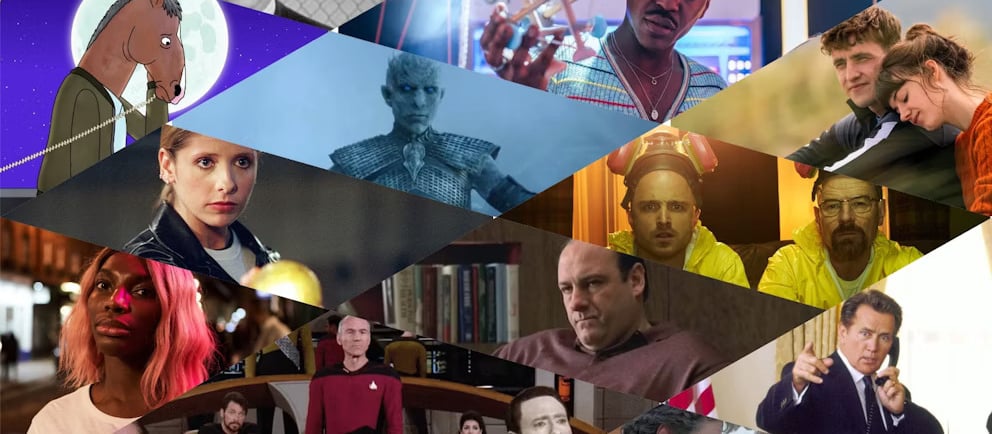Binge Culture: How We Started “Devouring” Entertainment
Let’s be honest: we’re addicted to binge-watching. From Netflix to long-form YouTube, that feeling of consuming a whole season in one sitting hits harder than espresso on an empty stomach. But how exactly has binge culture changed the way we experience stories?
V.P.BLACKWOOD
11/8/20251 min read


1. Our brains are wired to… keep going
At the end of every cliffhanger, dopamine whispers:
“Just one more episode. One. More.”
Next thing you know, it’s 4 AM, and you look like you just finished hacking the Pentagon. Not your fault. Blame biology.
2. Streaming trained us to be impatient
Back in the day, you waited weekly for a new episode.
You argued with friends. You theorized. You suffered.
Now?
“I’ll wait until the whole season drops.”
Helicopter ingestion. Done in 48 hours. Forgotten in 72.
3. Binge kills the cultural moment
Remember Game of Thrones?
Each episode felt like a national holiday. Memes everywhere. Discussions booming.
When everything drops at once:
Fans finish at different speeds
Conversations die quickly
The hype window is tiny
Stories vanish faster than your paycheck on Amazon.
4. Modern life is too chaotic
We:
fear spoilers
have fragmented free time
want convenience
Binge fits perfectly as a dopamine vending machine.
But it also weakens emotional memory. We don’t sit with the story anymore.
5. Entertainment burnout is real
Ever binge for 10 hours straight and suddenly think:
“Wait… why am I bored?”
Your dopamine receptors are tapping out, bro.
6. But binge is still addictive, because…
no ads
no waiting
emotional continuity
instant gratification
We’re basically toddlers with subscriptions.
7. Binge changed how stories are written
Old shows were episodic.
Now writers must design:
constant hooks
nonstop cliffhangers
binge “flow”
Entertainment becomes snack food: quick hits, sharp flavors.
8. The funny paradox
We binge to “save time,” but in doing so, we lose:
anticipation
community hype
water-cooler moments
Weekly viewing forces conversation. Binge silences it.
9. The future of binge culture
Streaming platforms are backing off:
drop 2–3 episodes first
then weekly
It maintains hype, prevents burnout, and keeps subscribers longer. Evil genius stuff.
10. The double-edged sword
Binge culture gives quick satisfaction but quietly steals:
emotional impact
long-term memory
shared cultural experience
It’s not evil. It’s just the by-product of a world that’s impatient, overwhelmed, and dopamine-hungry.
Subscribe
Join our newsletter for updates and stories.
To Contact
Chrono verse | V.P. Blackwood
© 2025. All rights reserved.
Visit our youtube channel to listen to Soundtracks of the series
